Posted on 05/16/2025 18:23 PM (Detroit Catholic)
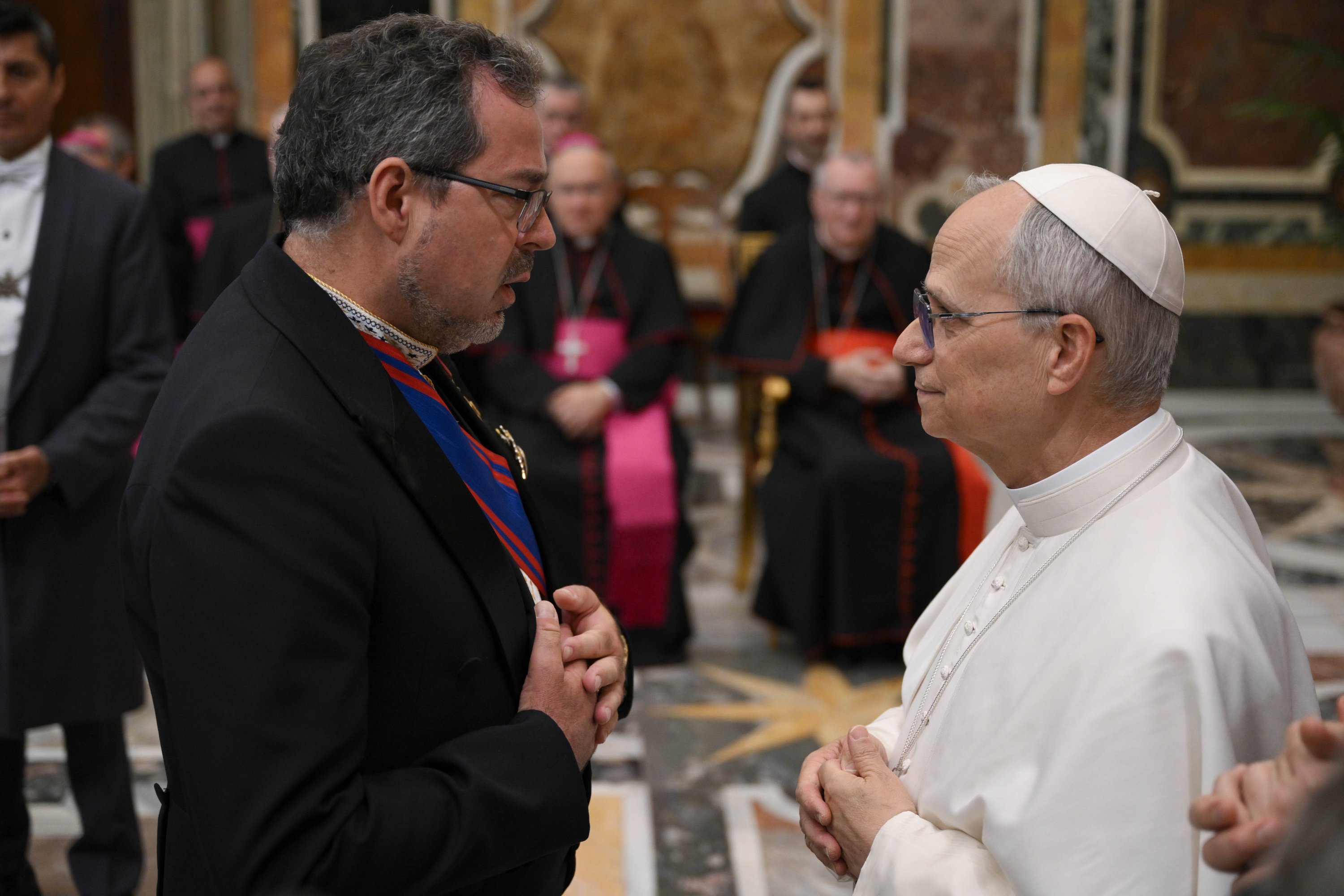
Posted on 05/16/2025 18:21 PM (Detroit Catholic)
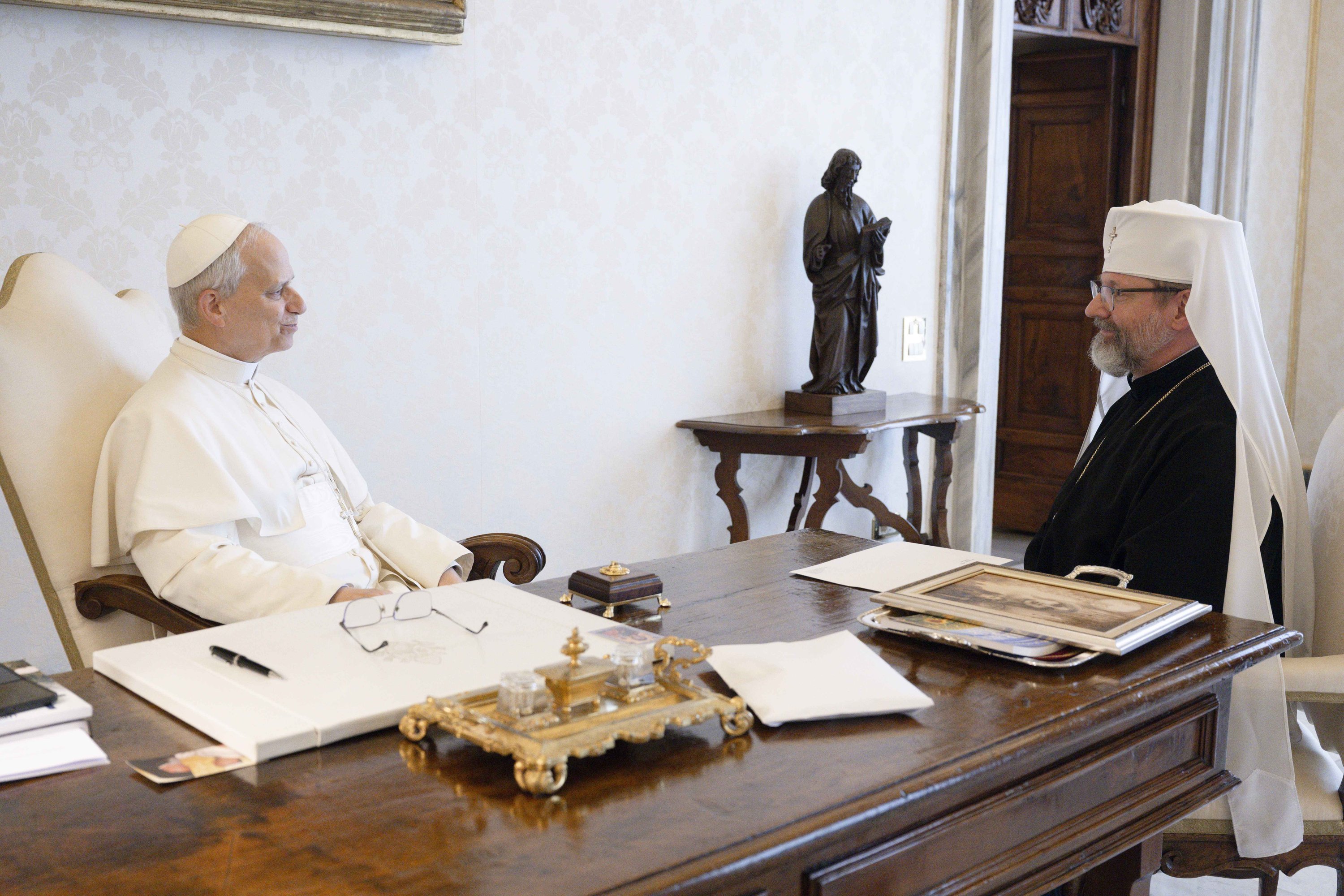
Posted on 05/16/2025 18:19 PM (Detroit Catholic)
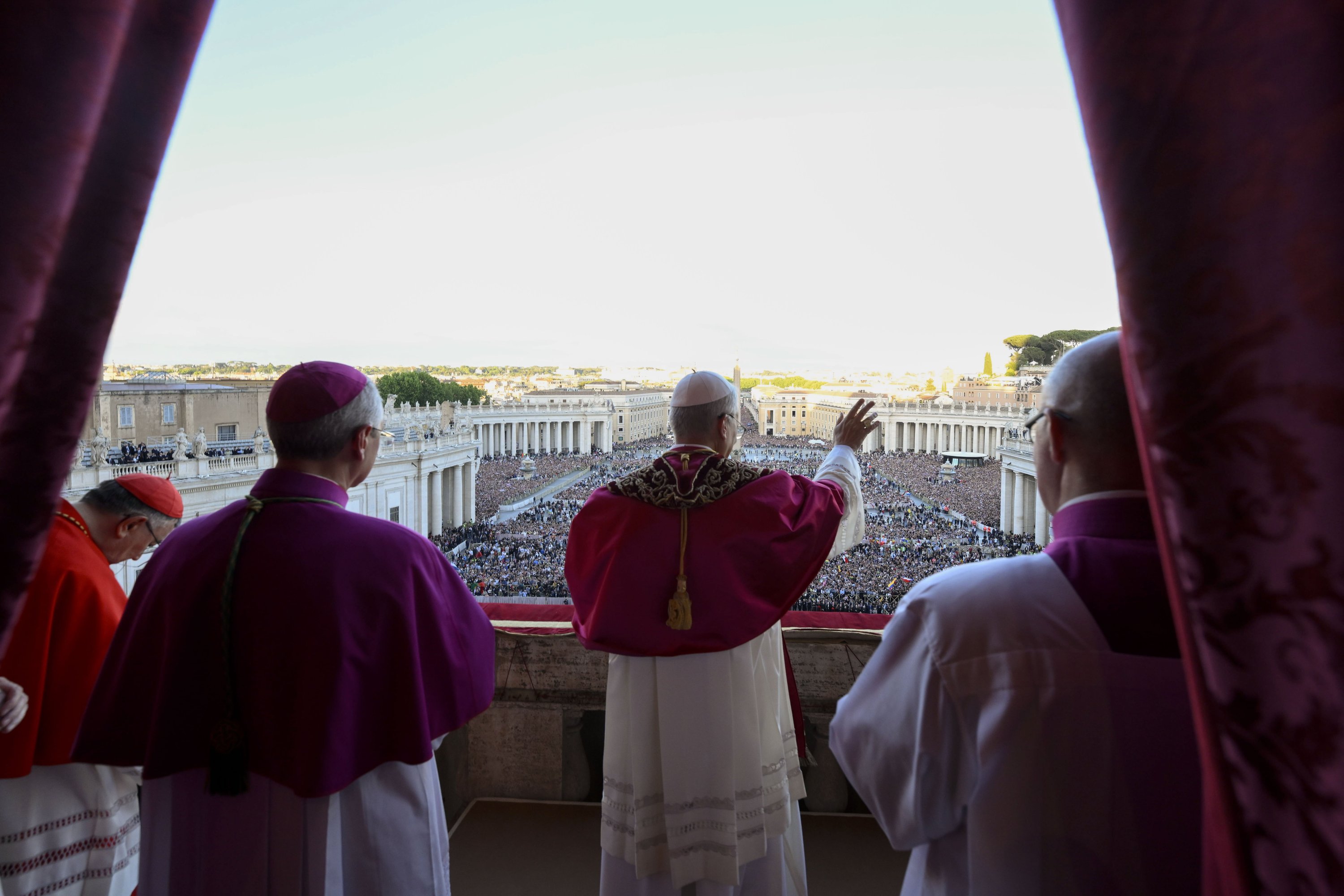
Posted on 05/16/2025 18:09 PM (CNA Daily News)
 null / Credit: Thomas Andreas/Shutterstock
null / Credit: Thomas Andreas/Shutterstock
CNA Staff, May 16, 2025 / 14:09 pm (CNA).
Here is a roundup of recent pro-life and abortion-related news:
The U.S. Department of Health and Human Services (HHS) is reviewing a hospital for compliance with federal conscience protections following reports that the hospital had denied ultrasound technicians exemptions from participating in abortions.
The department’s Office for Civil Rights on May 12 announced it had opened a review to investigate violations of free exercise and conscience protections.
Though unnamed in the HHS announcement, the legal group involved in the case confirmed in a statement that it had contact with the HHS about a hospital in Albuquerque, New Mexico.
The legal group American Center for Law and Justice alleged that Presbyterian Hospital was requiring religious staff to assist in abortions. The hospital had changed its policy in late 2024, requiring participation in abortion procedures, “even for longtime employees with religious objections,” said the law firm’s executive director, Jordan Sekulow.
After the firm sent a demand letter highlighting federal religious freedom requirements, the hospital granted the religious accommodation for five ultrasound technicians in February.
A federal investigation of this nature “is both rare and significant,” Sekulow said.
“It sends a powerful message to health care institutions across the country: You cannot force medical professionals to choose between their careers and their faith,” Sekulow added.
The South Carolina Supreme Court on Wednesday ruled in favor of a law that protects unborn babies at around six weeks after conception through what is known as a heartbeat law.
The law prohibits abortions from being performed on unborn children with “cardiac activity, or the steady and repetitive rhythmic contraction of the fetal heart, within the gestational sac.” An ultrasound can detect an unborn baby’s cardiac activity at about six weeks.
In the unanimous ruling, judges acknowledged that South Carolina’s law was medically imprecise but maintained that lawmakers on both sides saw it as a six-week ban on abortion.
Planned Parenthood argued in the lawsuit that the “or” in the law meant doctors should be able to terminate unborn children until the major parts of the heart come together, around nine weeks.
A referendum seeking the repeal of Missouri’s abortion rights amendment moved forward in the state Senate on Wednesday.
Missouri lawmakers approved a referendum that would repeal Amendment 79, an abortion rights amendment that voters passed in November 2024.
The measure passed in the state Senate by a 21-11 vote and in the House last month.
The referendum would also replace the amendment with protections against abortion for unborn children in most cases, with some exceptions for medical emergencies or if the unborn child has a fetal anomaly as well as in cases of rape or incest.
The measure would also prohibit gender transition surgeries, hormone treatments, and puberty blockers for minors.
The constitutional amendment would be open to voters in November 2026. If Missouri Gov. Mike Kehoe calls for a special election, it could be voted on sooner.
Executive Director of Coalition Life Brian Westbrook called the passage an “opportunity to correct course” for Missouri voters in a statement to CNA.
“Protecting the unborn, safeguarding parental rights, and preserving the integrity of our health care system are not partisan issues — they are moral imperatives that speak to the heart of who we are as Missourians,” Westbrook said.
Posted on 05/16/2025 18:02 PM (Detroit Catholic)
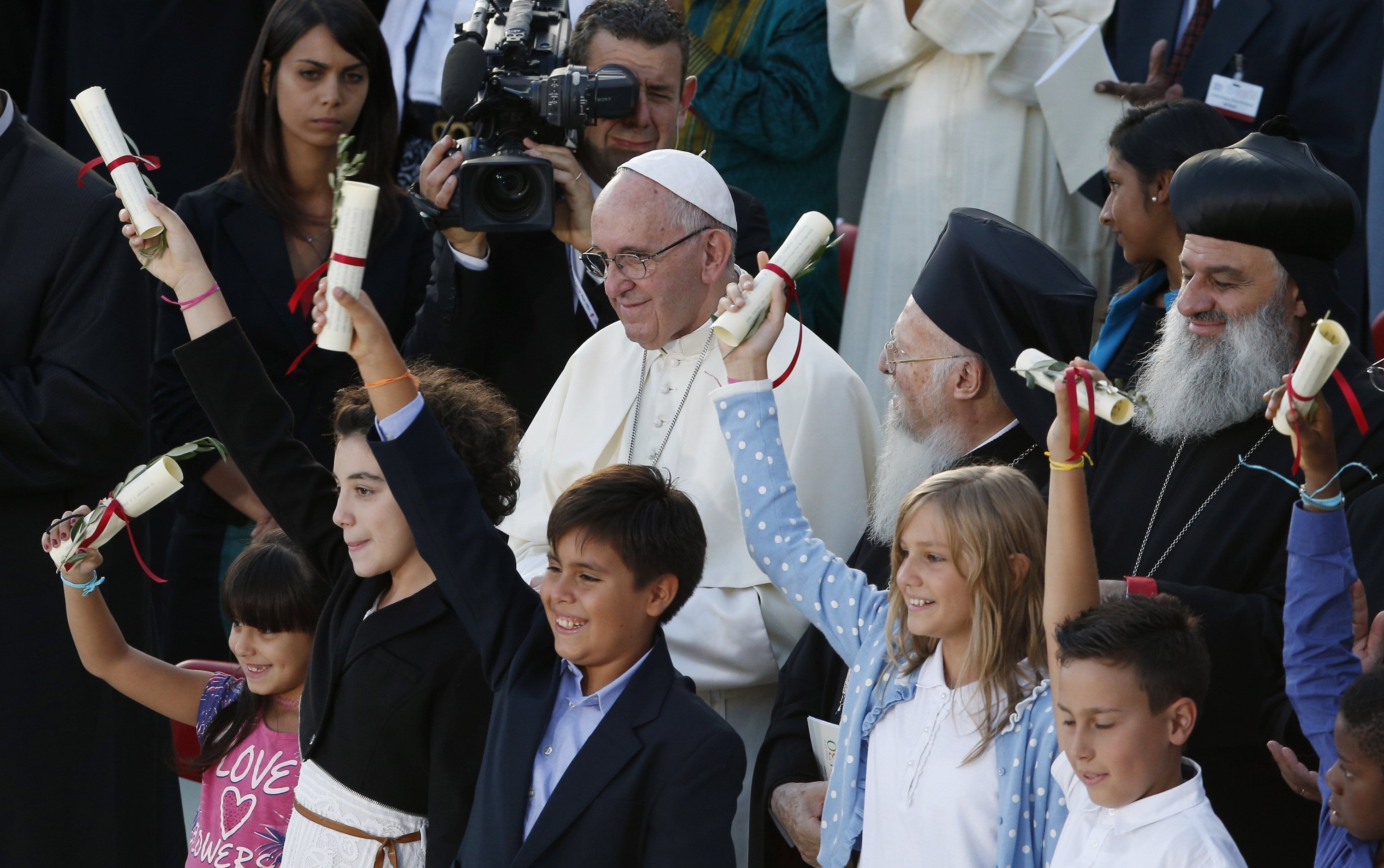
Posted on 05/16/2025 17:46 PM (Detroit Catholic)
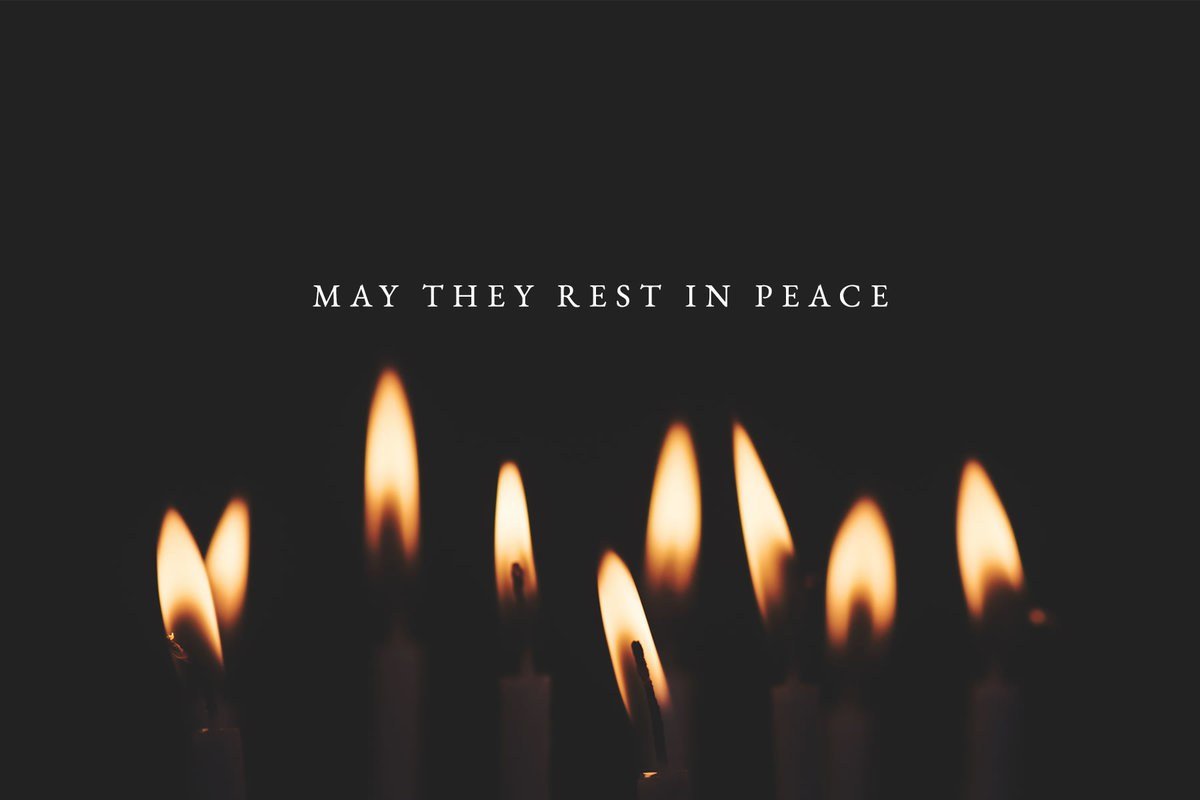
Posted on 05/16/2025 16:34 PM (CNA Daily News)
 null / Credit: Jonathan Weiss/Shutterstock
null / Credit: Jonathan Weiss/Shutterstock
Washington, D.C. Newsroom, May 16, 2025 / 12:34 pm (CNA).
Budget initiatives backed by several Republican lawmakers to cut federal funding for Medicaid and the Supplemental Nutrition Assistance Program (SNAP) for the next fiscal year are facing opposition from prominent Catholic organizations.
For Medicaid, the proposal would add work requirements for able-bodied adults under the age of 65 if they do not have young children as dependents. It would also shift some Medicaid costs to states if they offer benefits to immigrants who are in the country illegally.
The proposed SNAP reforms would shift some costs to states and raise the work requirement age from 54 to 64. It would also implement stricter verifications to ensure money is not given to immigrants who are in the country illegally.
These initiatives could potentially save the federal government more than $100 billion annually but could also cause millions of people to lose SNAP and Medicaid benefits.
Although much of the Republican majority in the House of Representatives has voiced support for these changes, Democratic members of Congress have strongly opposed them.
Opposition to the plans has also come from two major Catholic groups: Catholic Charities USA (CCUSA) and the Catholic Health Association (CHA).
CCUSA, along with many of its local affiliates, has urged Americans to reach out to members of Congress to oppose reforms that could reduce Medicaid coverage.
“Any changes to the current Medicaid program risk reducing access to essential health care and behavioral health services for individuals with nowhere else to turn,” reads a CCUSA advocacy page on its website.
“Medicaid cuts would disproportionately impact people living in rural communities and small towns, the very communities that already have lower incomes, fewer opportunities for employment, and less access to social services,” it adds.
Luz Tavarez, the vice president of government affairs for CCUSA, told CNA that the organization does not want people to be put in situations in which they have to choose between “health care and their rent” or “food and their rent,” adding: “We really have serious concerns about these potential cuts.”
“There are some concerns with some of the additional burdens with becoming eligible and remaining eligible,” she said, contending that keeping up with the paperwork to demonstrate eligibility could be difficult for people who are busy raising children or trying to juggle work and school.
Tavarez said CCUSA has met with both Republican and Democratic members of Congress to voice their concerns with potential cuts. She said they have mostly had positive feedback: “They too are concerned with these potential cuts.”
CHA President and CEO Sister Mary Haddad said in a statement that her organization is “deeply concerned” with the proposal, saying it is “threatening access to care for millions of Americans — particularly those in underserved areas where our member systems work every single day to provide quality, compassionate care.”
“Congress has a moral obligation to consider the harm that such disastrous cuts would have on America’s health safety net and the impacts this proposal would have for America’s most vulnerable communities,” Haddad said.
“Moreover, the cascading effects of lost coverage, including higher costs and greater strain on the system, will impact nearly all Americans — not just those who rely on Medicaid.”
On its advocacy page, CCUSA warns that the changes to SNAP would remove money “from vital food programs.”
“The text expands SNAP paperwork requirements for workers between 54 and 64 forcing them to jump through more bureaucratic red tape to receive food supplements,” it adds. “The bill dramatically shifts costs to the states by requiring states to increase administrative costs from 50% to 75% along with a new requirement for states to cover 5%-25% of SNAP benefit costs.”
Tavarez told CNA that many people CCUSA serves are already “making tough choices” when it comes to food, sometimes not being able to afford the most nutritious food or splitting one meal between several family members.
“These are anti-poverty programs,” Tavarez added. ”It’s not about giving people handouts.”
“If we have people losing health coverage and losing the ability to buy food, we’re going to be in a very difficult [situation],” she said.
If fewer people have access to SNAP benefits, Tavarez cautioned, “then they’re going to rely on our food pantries more and our pantries are already at capacity.” In such a situation, she said CCUSA is still “going to continue to do whatever we can,” adding: “It’s a Gospel mandate for us.”
Some Republican lawmakers who support the changes have accused opponents, particularly Democrats, of “fearmongering” and misrepresenting the proposed reforms.
Rep. Brett Guthrie, the chairman of the House Committee on Energy and Commerce, said in a statement that Democrats are operating a “campaign to scare Americans without any of the details” in reference to the Medicaid reforms.
“This bill refocuses Medicaid on mothers, children, people with disabilities, and the elderly — not illegal immigrants and capable adults who choose not to work,” he said. “It is reckless that my colleagues on the other side of the aisle claimed an artificially high number in alleged coverage loss just so they can fearmonger and score political points.”
Similarly, on the proposed SNAP reforms, House Agriculture Committee Chair Glenn Thompson said in a statement that SNAP “has drifted from a bridge to support American households in need to a permanent destination riddled with bureaucratic inefficiencies, misplaced incentives, and limited accountability.”
“[The plan] restores the program’s original intent, offering a temporary helping hand while encouraging work, cracking down on loopholes exploited by states, and protecting taxpayer dollars,” he added.
In an interview with “EWTN News Nightly” earlier this week, Global Premier Benefits CEO Tony Holland said he believes “the whole goal is to make [programs] more efficient.”
“Those that are able-bodied [and not working] should not receive benefits,” he said. “Those benefits should go to those that need the benefits the most.”
Posted on 05/16/2025 15:59 PM (CNA Daily News)
 Pope Leo XIV addresses more than 100 ambassadors in an audience on Friday, May 16, 2025, in the Clementine Hall at the Vatican. / Credit: Vatican Media
Pope Leo XIV addresses more than 100 ambassadors in an audience on Friday, May 16, 2025, in the Clementine Hall at the Vatican. / Credit: Vatican Media
Vatican City, May 16, 2025 / 11:59 am (CNA).
Pope Leo XIV on Friday said peaceful societies can be achieved if governments invested in families “founded upon the stable union between a man and a woman” in his first address to the diplomatic corps accredited to the Holy See.
Welcoming more than 100 ambassadors to an audience held inside the Vatican’s Clementine Hall, the Holy Father stated that resolving global inequalities as well as deep divisions between “continents, countries, and individual societies” starts in the home.
“This can be achieved above all by investing in the family, founded upon the stable union between a man and a woman, ‘a small but genuine society, and prior to all civil society,’” he added, citing Rerum Novarum.
“Indeed, the Church can never be exempted from speaking the truth about humanity and the world, resorting whenever necessary to blunt language that may initially create misunderstanding,” he remarked.

In his May 16 audience with the diplomatic corps, the Holy Father said peace, justice, and truth are the “three essential words” and pillars of the Church’s evangelical mission and outreach and “the aim of the Holy See’s diplomacy” with states and sovereignties.
“The first word is peace,” he said. “All too often we consider it a ‘negative’ word, indicative only of the absence of war and conflict, since opposition is a perennial part of human nature, frequently leading us to live in a constant ‘state of conflict’ at home, at work, and in society.”
Reiterating his message of peace on the day of his May 8 election, the Holy Father told the ambassadors present at the gathering that peace, “the first gift of Christ,” is an “active and demanding gift” necessary for building relationships.
“I believe that religions and interreligious dialogue can make a fundamental contribution to fostering a climate of peace,” he said. “This naturally requires full respect for religious freedom in every country, since religious experience is an essential dimension of the human person.”
Pope Leo XIV received Members of the Diplomatic Corps Friday morning in the Clementine Hall inside the Vatican: “Your presence is a gift — letting me renew the Church’s hope to embrace all who yearn for truth, justice, and peace — across borders and cultures.” pic.twitter.com/wY7OR5uV5e
— EWTN Vatican (@EWTNVatican) May 16, 2025
On justice, the Holy Father said working for peace first and foremost “requires acting justly.”
He reminded government leaders about their responsibility to “build harmonious and peaceful civil societies” that uphold the dignity of every person.
“No one is exempted from striving to ensure respect for the dignity of every person, especially the most frail and vulnerable, from the unborn to the elderly, from the sick to the unemployed, citizens and immigrants alike,” he continued.
The need for truth in a world faced with several multilayered crises, Pope Leo XIV — who identified himself as a “a citizen, the descendant of immigrants, who in turn chose to emigrate” — said every person needs and yearns for the truth that “can never be separated from charity.”
“Truth, then, does not create division but rather enables us to confront all the more resolutely the challenges of our time, such as migration, the ethical use of artificial intelligence, and the protection of our beloved planet Earth,” he added.

Commenting on Pope Leo XIV’s remarks on migration, European Union ambassador to the Holy See Martin Selmayr told EWTN News reporter Valentina Di Donato that the decision to put “emigration and immigration in the one context” clearly revealed the underlying Christian worldview of the Catholic Church’s “truly global pope” on such issues.
“He spoke about the dignity of everybody in society, in particular the more vulnerable ones,” Selmayr said. I think his name [Leo] and from what we saw today is that this is a pope — it’s my impression — who wants to play a role internationally.”
Toward the end of his speech, the Holy Father particularly expressed his hope for peace, justice, and truth to start in “places that suffer most grievously,” specifically in Ukraine and the Holy Land.
Following the papal audience, Russian ambassador to the Holy See Ivan Soltanovsky told Di Donato that the Vatican is a significant player in world affairs.
“The Vatican is certainly a very important international actor who has moral, political, psychological — I should say — power,” he said. “This is respected everywhere, including Russia.”
“We respect the role of the Holy See in offering its mediation facilities and in resolving humanitarian aspects,” he added.
Posted on 05/16/2025 15:21 PM (CNA Daily News)
 St. Hedwig’s Cathedral in Berlin, Germany. / Credit: Cedric BLN via Wikimedia (public domain)
St. Hedwig’s Cathedral in Berlin, Germany. / Credit: Cedric BLN via Wikimedia (public domain)
Washington, D.C. Newsroom, May 16, 2025 / 11:21 am (CNA).
Here is a roundup of Catholic world news that you might have missed this week:
Berlin pharmacist Andreas Kersten was forced to end his practice this month after he refused to sell the so-called “morning-after” pill for reasons of conscience, according to CNA Deutsch, CNA’s German-language news partner.
Kersten was forced to withdraw his license as a pharmacist after the higher administrative court of Berlin-Brandenburg acquitted him of misconduct in June 2024 but ruled that pharmacists who cannot reconcile the sale of the morning-after pill must give up their profession.
“It is regrettable that pharmacists are denied the right to freedom of conscience when they adopt a pro-life attitude,” Kersten said. “I cannot reconcile the so-called ‘morning after pill’ with my conscience, because it could possibly end a human life. Therefore, I feel forced to give up my license as a pharmacist.”
Catholics in the People’s Republic of China celebrated the opening of two new Catholic churches this past week, according to Fides News Service.
Catholics in the city of Xiaogan in the Chinese province of Hubei celebrated the opening of the Church of Christ the King on May 10. The new church, which has a 108-foot-high bell tower, includes a rectory and parish center.
Also, in the Archdiocese of Taiyuan, Shanxi province, Catholics in the rural parish of Guzhai consecrated a new church dedicated to Our Lady of China.
All priests across the Diocese of Kafanchan in Nigeria have been instructed to celebrate a Mass of reparation on Friday after a local parish was broken into and consecrated hosts in the tabernacle were stolen, according to a Tuesday report from ACI Africa, CNA’s news partner in Africa.
“Such a wound to the mystical body of Christ calls for a united response of reparation and fervent intercession,” said Father Jacob Shanet, the chancellor of the Kafanchan Diocese. “This should be offered with the intention of making amends for this sacrilege and imploring the mercy of God upon those responsible,” he added.
Abductors are demanding a ransom for the release of Father Valentin Mbaïbarem, who was kidnapped on May 7 from Cameroon’s Archdiocese of Garoua, the chancellor of the Cameroonian metropolitan see told ACI Africa.
Father Emmanuel Bonkou revealed that Mbaïbarem’s captors are demanding 25 million FCFA (about $42,700) for his release. “We call upon everyone to unite in prayer for his release as search efforts are ongoing,” he said.
A total of six persons were kidnapped at the same time as Mbaïbarem. “Four of the six hostages regained their freedom some days later,” Bonkou said. “Unfortunately, one of the hostages, a teacher named Diguerse Mathias, was killed by abductors after being unable to continue the forced walk due to exhaustion.”
In Iraq’s Nineveh Plain, the Christian community of Mosul continues its slow but determined comeback, reported ACI MENA, CNA’s Arabic-language news partner. Nearly a decade after ISIS’ destruction, the faithful celebrated the restoration of the altar of the historic Al-Tahira Cathedral — which was visited by Pope Francis in 2021.
Chaldean Archbishop Mikha Pola Maqdassi and Syriac Catholic priest Father Emmanuel Kallo stressed that rebuilding churches is more than preserving stone, it is about rekindling Christian identity and hope. Despite the limited return of Christian families to Mosul, church leaders insist their mission is to keep the light of faith burning, inviting all displaced Christians to reconnect with their ancestral city and heritage.